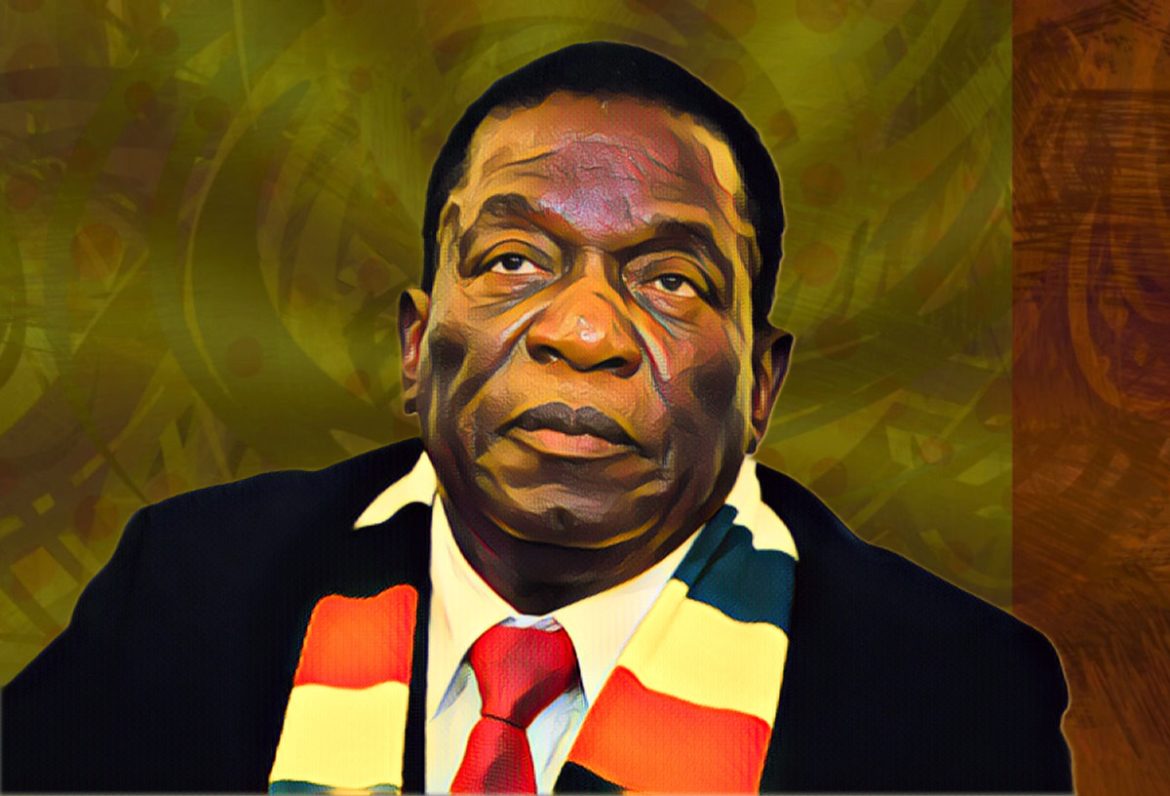KEY POINTS
-
Zimbabwe’s President Emmerson Mnangagwa signed the Private Voluntary Organizations Amendment Act into law, increasing government oversight of NGOs in the country.
-
The law is intended to address money laundering and terrorist financing but has raised concerns over political motivations, with accusations that it targets opposition-aligned organizations.
-
International criticism has followed, with the European Union suspending planned funding, citing concerns about the law’s impact on good governance and civil society in Zimbabwe.
On April 12, 2025, Zimbabwe’s President Emmerson Mnangagwa signed a bill that allows Private Voluntary Organisations Amendment Act, a new piece of legislation that will introduce tighter government oversight of non-governmental organizations (NGOs) operating in the country.
According to Bloomberg, the bill is designed to safeguard the nation against money laundering and terrorist financing, according to government officials, but has raised concerns over its potential political motivations.
The bill allows for greater scrutiny of NGOs’ finances, with a government minister now overseeing their operations. This bill includes the establishment of a registry and a board to monitor the activities of these organisations. Mnangagwa has been outspoken in accusing Western-funded NGOs of supporting opposition political parties and collaborating with foreign governments that are hostile to his administration. “The European Union and other Western bodies have often used NGOs as tools to advance their political interests against the government of Zimbabwe,” Mnangagwa claimed in public statements.
While government officials argue that the bill is necessary to combat financial crimes, critics see it as another step in the government’s broader crackdown on civil society.
This comes at a time when Zimbabwe is struggling to restructure its massive debt, which totals over USD 21 billion, with a significant portion owed to external creditors such as the World Bank, the Paris Club, and the African Development Bank.
International reactions to the bill and Its impact on Zimbabwe’s relations with the West
The law, signed during a weekend announcement, has already attracted criticism from international bodies. The European Union (EU), a major donor to Zimbabwe, expressed its disappointment with the legislation. “As a consequence, the European Union has decided to discontinue its planned targeted 2025 funding in support of the government’s good governance initiatives,” EU Ambassador to Zimbabwe, Jobst von Kirchmann, wrote on X (formerly Twitter), signaling a freeze in aid that had been earmarked for governance reform projects.
The EU’s decision highlights the growing tension between Zimbabwe’s government and Western powers, especially as the country struggles with economic challenges and the burden of its external debt. The new law is seen by many as an attempt to further limit the activities of civil society organizations, many of which rely on foreign funding and have been critical of Mnangagwa’s leadership. These organizations have played a significant role in advocating for human rights and political freedoms in Zimbabwe, areas that have been under increasing pressure in recent years.
In 2022, Zimbabwe made commitments to expand civic liberties as part of efforts to secure creditor support for its debt restructuring.
However, the latest developments have raised doubts about the country’s commitment to these reforms, with critics arguing that the new legislation could further isolate Zimbabwe from international partners and hinder its ability to secure needed financial assistance.


